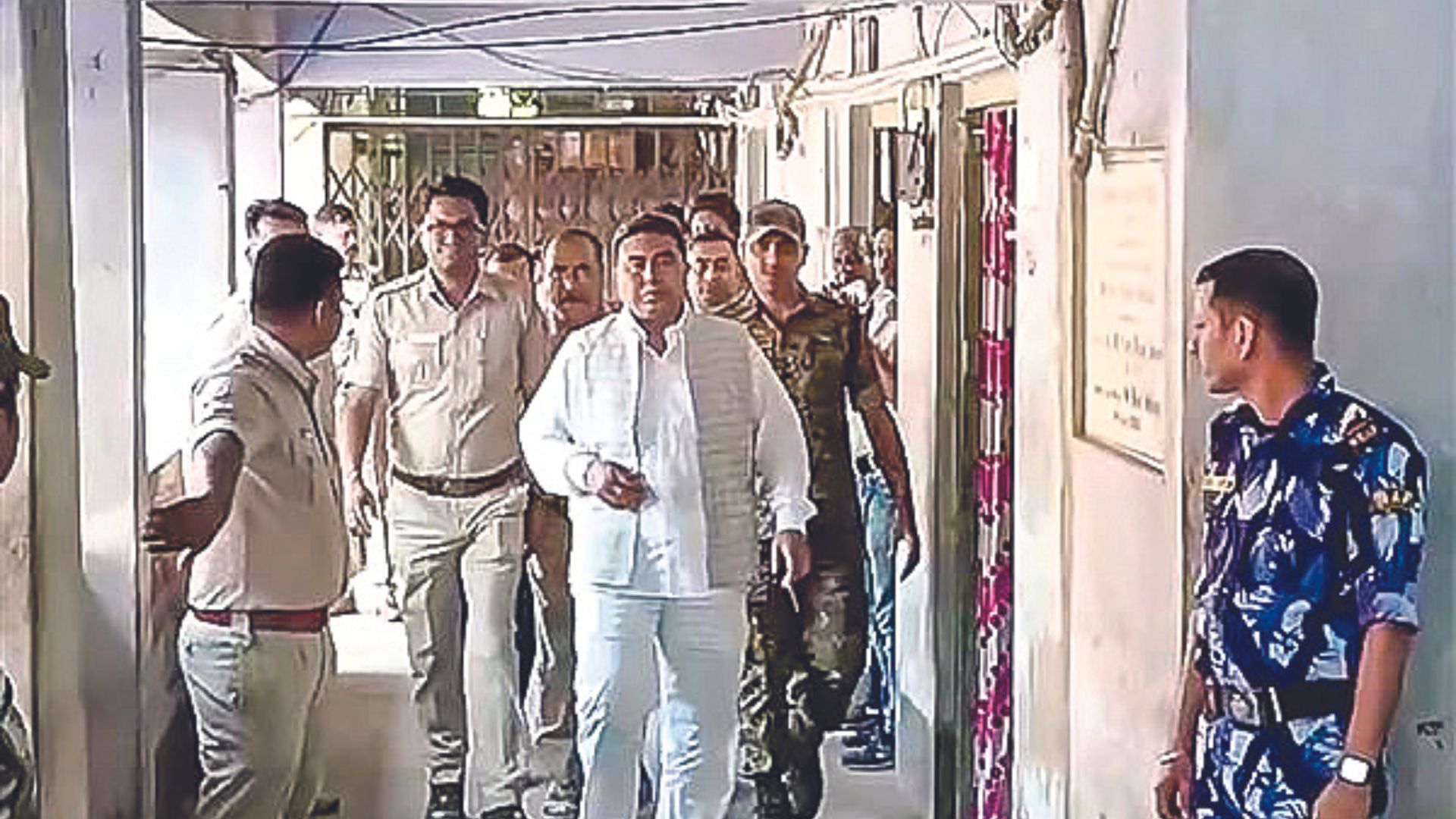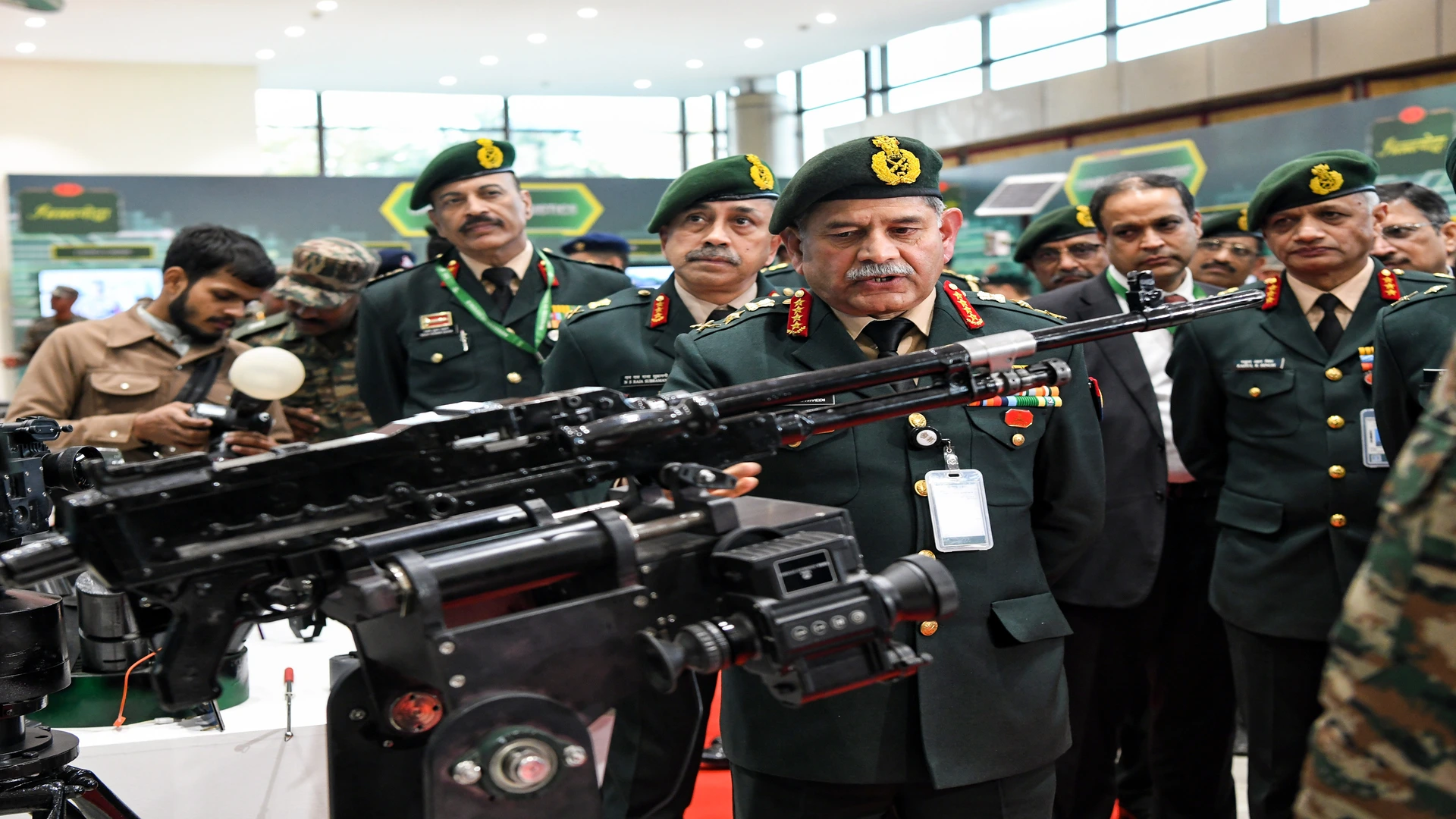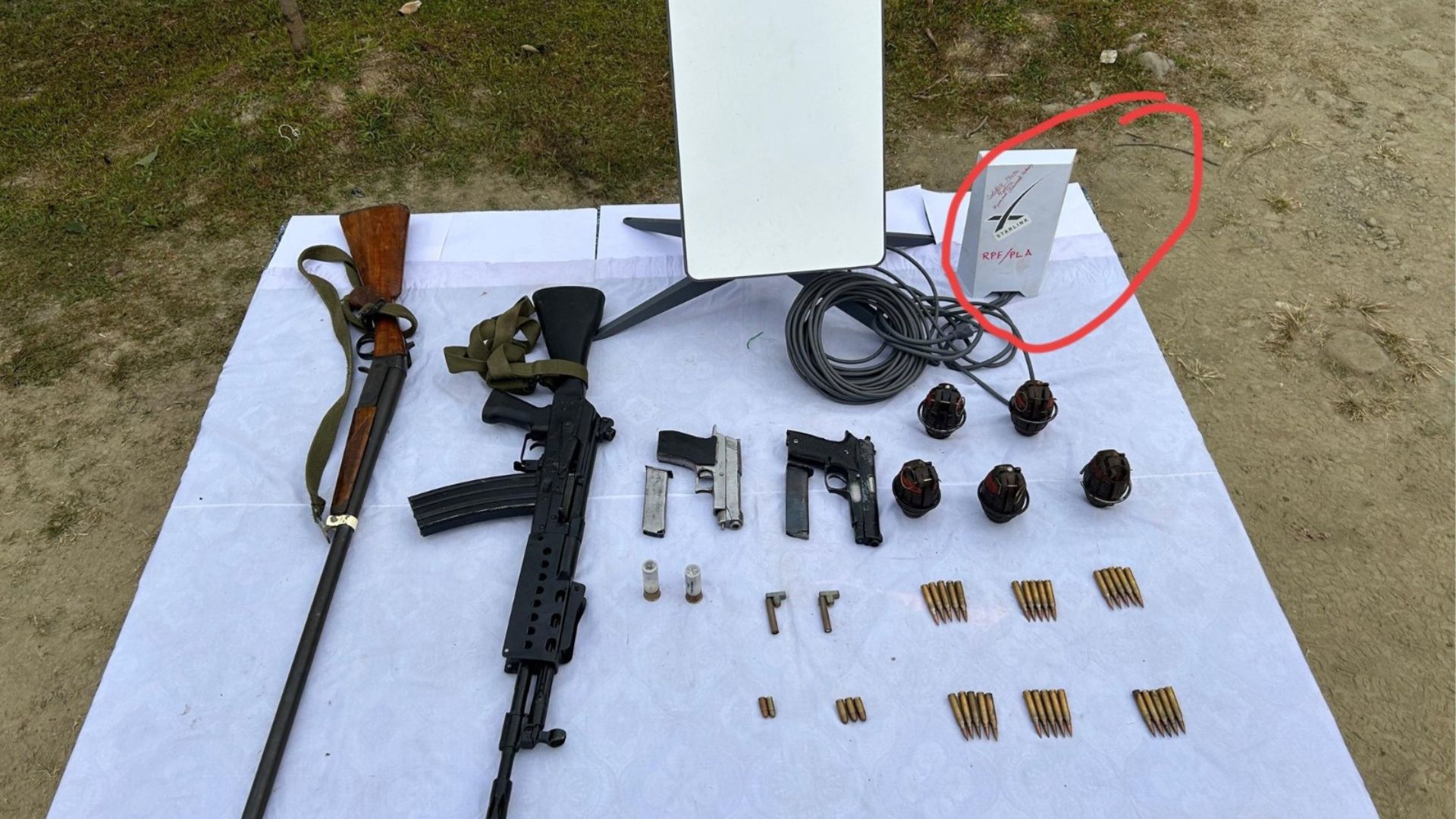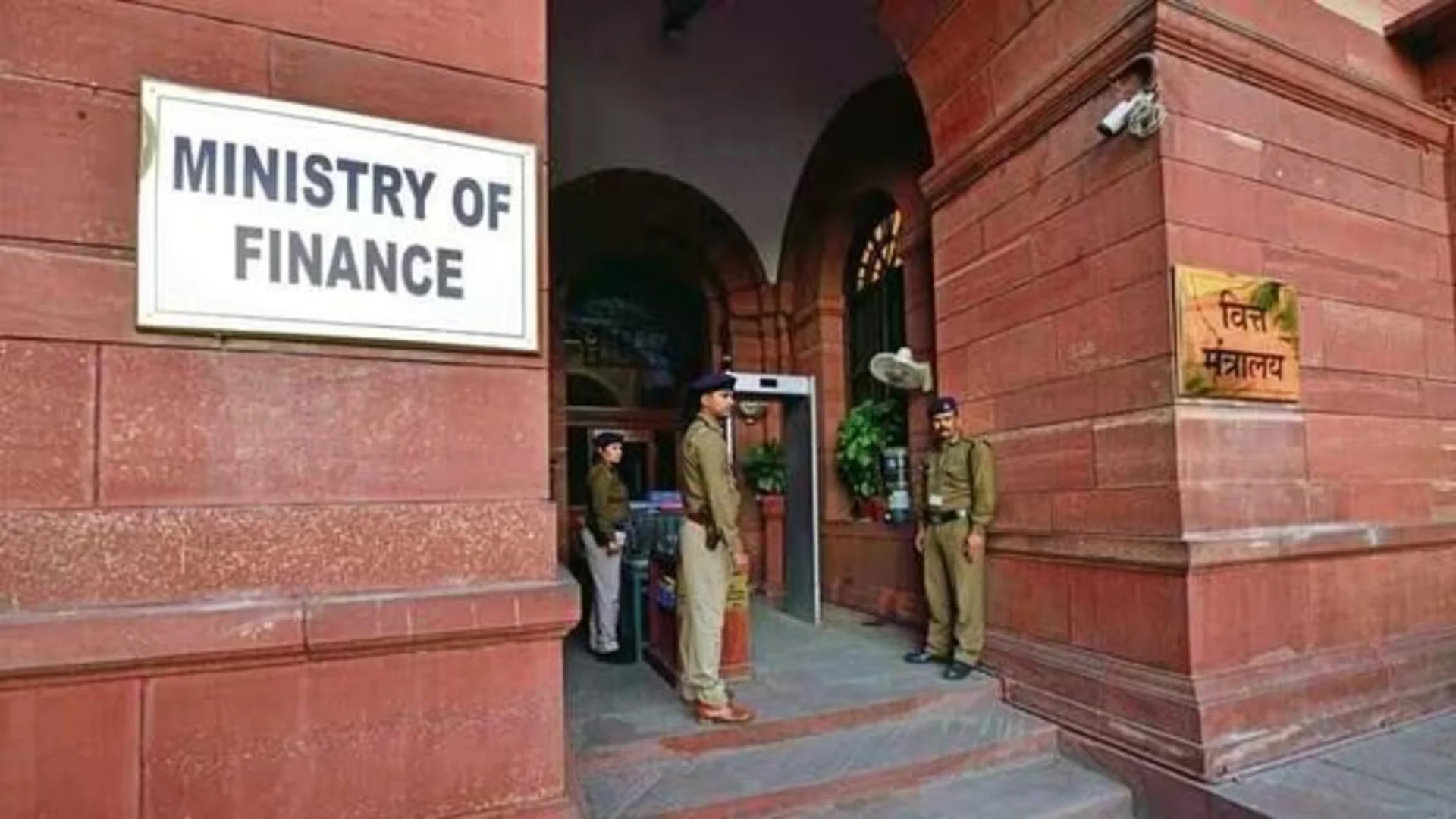
The Trinamool Congress on Wednesday welcomed the Supreme Court’s ruling that the West Bengal Government’s suit challenging the registration of cases by the CBI in the Sandeshkhali incident without its prior consent was valid.
The Mamata Banerjee-led West Bengal Government had approached the Supreme Court against the CBI over filing cases despite the State withdrawing its general consent to the Central agency in 2018.
The Supreme Court bench, comprising Justices B.R. Gavai and Sandeep Mehta, also rejected preliminary objections of the Centre on maintainability of the suit and the argument that Bengal had suppressed material facts.
The apex court bench noted that since the West Bengal Government had withdrawn general consent to the CBI in 2018, the agency could not have continued to register FIRs in respect of the offences within the State.
The ruling came as a huge relief to the Trinamool Congress which has been mired in multiple corruption cases which are being investigated by the Enforcement Directorate and the Central Bureau of Investigation under the supervision and monitoring of the High Court.
“This decision by the apex court is a lesson to those who want to undermine a democratically elected State Government by misusing Central agencies. Any threat to our foundational principle of federalism will not be accepted. The move also makes it clear that no one can meddle with a state’s law and order for their selfish political interests,” the party said in its X handle which was reposted by many leaders of the party.
In its plea, senior advocate Kapil Sibal, appearing for the West Bengal Government, had argued that once the State had withdrawn its consent on November 16, 2018, the Centre could not allow the probe agency to enter the State for investigation.
The West Bengal Government also contended that the CBI was functioning under the superintendence of the Centre.
The Supreme Court bench said the case would have a huge impact on federalism.
“We have considered the DSPE (Delhi Special Police Establishment) Act and Supreme Court rules. It cannot be said that West Bengal has not made out any case against Centre,” it said.
According to section 6 of the DSPE Act, 1946, the CBI must obtain consent from respective State Governments to conduct investigations in their jurisdiction.
The DSPE Act provides immunity from the Centre’s powers, the court added. “We find that in the present suit, the plaintiff is raising the legal issue of whether CBI can file a case under the DSPE Act after revocation of consent. Can CBI register and investigate cases in violation of Section 6?” the court asked.
The next hearing is on August 13 when issues for adjudication will be framed after hearing the Bengal Government and the Union Government.
In his submission today, Solicitor-General Tushar Mehta, appearing for the Centre, had said that the Union Government or its departments do not exercise any supervisory control over Central Bureau of Investigation probes.
The Centre had raised preliminary objections about the maintainability of the lawsuit filed by the West Bengal Government, contending that there was no cause of action against the Union of India.
The West Bengal Government has filed an original suit in the apex court against the Centre under Article 131 of the Constitution, alleging that the CBI has been filing FIRs and proceeding with investigations despite the State having withdrawn the general consent to the federal agency to probe cases within its territorial jurisdiction.
Article 131 of the Constitution of India deals with the Supreme Court’s original jurisdiction in a dispute between the Centre and one or more States.















